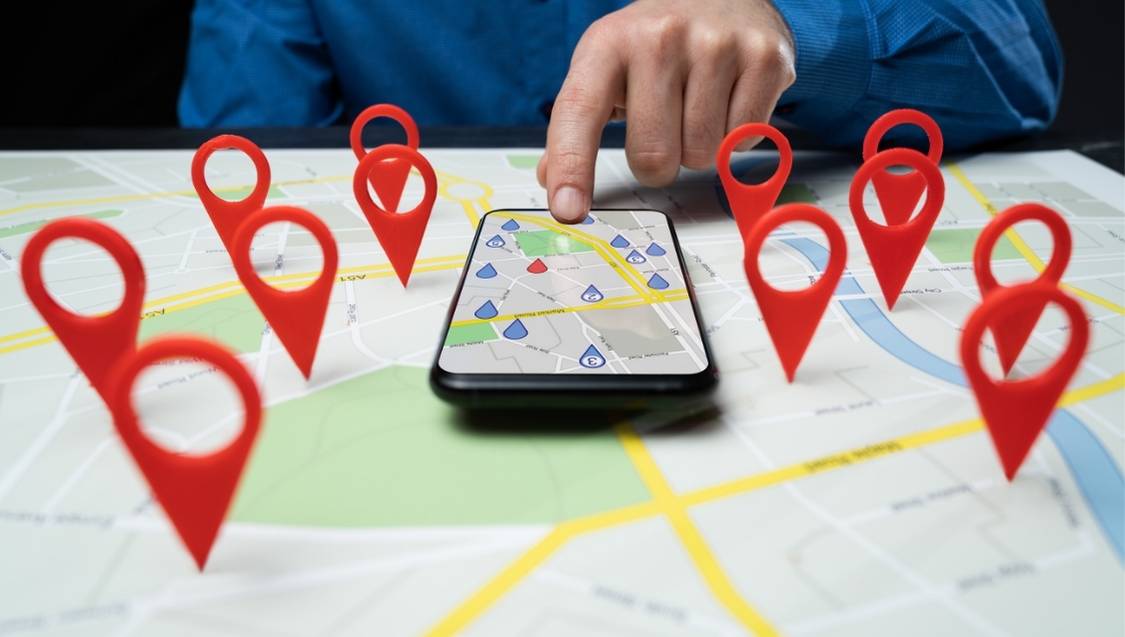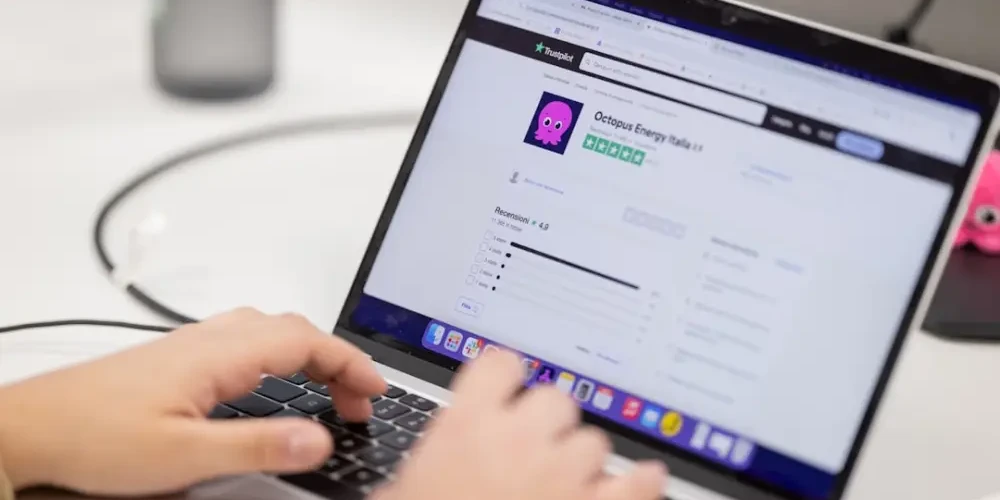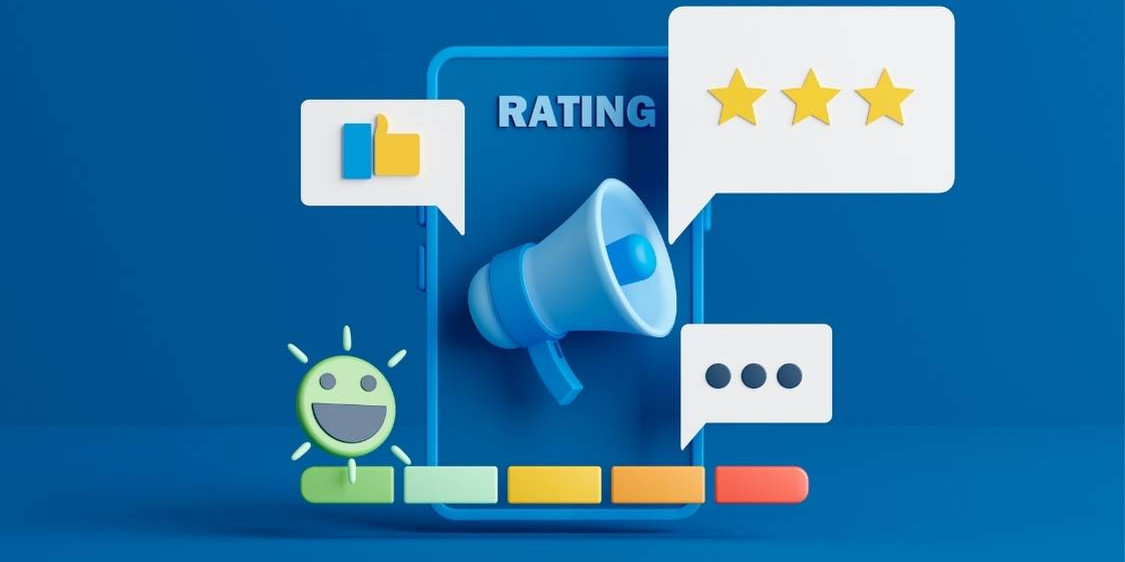In today’s digital-first marketplace, your business reputation doesn’t live on a billboard or brochure—it lives online. Before a customer walks through your door or clicks “buy,” they’ve already read your reviews, checked your social presence, and compared you to competitors.
That means your online reputation is now your most powerful asset—or your biggest liability.
For local businesses, having a strong reputation management strategy isn’t optional anymore—it’s essential.
The Reality: Reputation = Revenue
Studies consistently show that over 90% of consumers read online reviews before visiting a business, and nearly 80% trust them as much as personal recommendations.
Your local reputation directly impacts:
- Customer acquisition: Positive reviews improve click-through and conversion rates.
- Search rankings: Google rewards businesses with consistent, high-quality feedback.
- Customer loyalty: A trusted brand earns repeat business and referrals.
Simply put, good reputation management increases visibility, trust, and profits.
What Reputation Management Really Means
Reputation management isn’t just about collecting positive reviews—it’s about owning your digital narrative.
A robust strategy should include:
- Monitoring mentions on review sites, social media, and Google.
- Responding professionally to both praise and criticism.
- Proactively generating new reviews from satisfied customers.
- Showcasing testimonials across your website and marketing materials.
It’s about consistency, transparency, and engagement—showing customers that you care about their experience and are willing to improve.
The High Cost of Ignoring Your Reputation
Neglecting your online reputation is like leaving your storefront window dirty—it tells potential customers you don’t care.
Common risks include:
- Lost sales from negative or outdated reviews.
- Lower search rankings, since reputation signals factor into local SEO.
- Brand damage from unanswered criticism or misinformation.
Reputation damage can spread fast online—but so can recovery when managed strategically.

Building a Winning Reputation Management Strategy
Here’s how local businesses can take control:
- Audit your digital presence.
Identify where your business is mentioned—Google, Yelp, Facebook, TripAdvisor, and niche directories. - Claim and optimize your listings.
Ensure accuracy across all platforms—address, hours, contact info, and visuals. - Implement a review strategy.
Ask customers for feedback immediately after positive experiences. Automation tools make this process seamless. - Respond to every review.
Thank happy customers, address concerns respectfully, and always keep a professional tone. - Promote your best feedback.
Highlight positive reviews on your site, in social posts, and even in-store displays. - Track performance.
Use analytics to monitor sentiment trends and measure how your reputation impacts sales.
The Long-Term Payoff
A proactive reputation management strategy builds more than good PR—it builds brand equity.
It helps your business:
- Win customer trust faster.
- Improve SEO performance.
- Gain a competitive edge in local markets.
Over time, your reputation becomes self-sustaining—happy customers generate more visibility, which attracts even more business.
Final Thoughts
In the local digital landscape, your reputation is your currency.
It determines whether you’re the first choice—or the forgotten option.
By investing in a thoughtful, data-driven reputation management strategy, you protect your brand, strengthen customer relationships, and ensure long-term business growth.
In short: manage your reputation, or someone else will.




